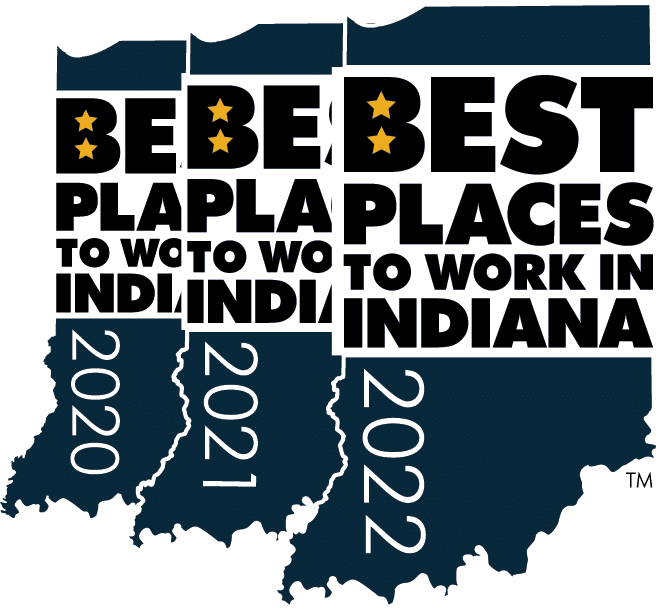Transitioning Toward Success: Creating the Right Policies for Newfound Independence
By Todd Hufford | COO

For businesses facing a major organizational transition, the process of finding and implementing a new set of insurance policies to meet their needs is often a difficult but necessary part of the process. The intricacies of finding the right policies can not only be confusing, but also a large cause of inefficiency, wasted effort and stress in an already stressful period. By taking a closer look at a number of key classification factors, companies that are restructuring or are in the middle of an internal transition can prevent significant overspending that could negatively impact their sustainability.
An Indiana-based group home organization for individuals with mental and physical disabilities, referred to here as HomeCare, was facing a major shift in their business model in the form of their operational independence. Roughly 20 years previously, HomeCare had been acquired by a large health care system, referred to here as Health Care Systems, in order to stay financially viable. Subsequent to health care reform, Health Care Systems was reviewing their then-current lists of acquisitions in an attempt to stay lean and efficient.
The parent organization’s need to trim down and HomeCare’s growing viability and ability to exist again as an independent entity resulted in an ideal time to part ways. At the beginning of 2014, HomeCare had split off from Health Care Systems, and through meeting with Conner to help with the transition of coverage, were looking for the competitive yet comprehensive policies to help them stay efficient, protected and viable.
While under the auspices of Health Care Services, HomeCare benefited from an ease of administration, as they were incorporated into Health Care Services’ system aspects from payroll to insurance. While these were simple to interact with for HomeCare’s administration, on closer inspection, HomeCare had not been receiving the necessary coverage to remain competitive and viable after parting ways with their parent organization. As a collection of homes offering 24/7 care to patients with a variety of mental and physical disorders, HomeCare shares many similarities with a typical nursing home organization. Conner Insurance’s experience and expertise in providing coverage for nursing homes made us a valuable choice for their insurance transition, as we were familiar with the necessary policies and competitive providers for organizations in HomeCare’s situation. When examining their insurance policies, especially their workers’ compensation program, an important coverage area for any company in the health care field, we discovered that HomeCare was paying extremely uncompetitive premiums for their position. Their integration with Health Care Systems’ coverage meant that they were being allocated premiums that were not commensurate with their actual experience.
Faced with their approaching independence from this system, HomeCare was anxious to start off with much more competitive and individualized coverage for their model. Conner determined that their self-funded TPA services did not require national providers, as HomeCare only operates in Indiana. Interviewing smaller, more boutique TPA’s who could still meet their needs would dramatically benefit HomeCare in the long run, as they could pay fees at an appropriate level that reflected their smaller size.
In addition to worker’s compensation, HomeCare required coverage across Property, Auto, General Liability, Professional Liability, Crime, Fiduciary, Directors and Officers, and miscellaneous other areas. All of these were previously covered under Health Care Systems, and all were now in need of new coverage to stay independent and secured. The variability of group home environments and transportation required more individualized coverage, which Conner was again able to find suitable and competitive rates for. In the resulting transition to independence, through reduced rates for worker’s compensation alone, HomeCare was able to save between $150,000 and $200,000 annually over the amounts they had previously been paying under their parent company.
Using knowledge and expertise over the types of coverage necessary for smaller businesses, especially those within the health care industry, Conner Insurance was able to provide the necessary support, guidance and cost-cutting measures to ease HomeCare’s transition into independent operation. In a situation in which the ground of their insurance and administrative system was shifting under their feet, it was necessary to find a partner able to help offset the negative implications of both, and provide a smooth, focused path forward. In the time since partnering with Conner, HomeCare has remained protected and has continued to provide quality care to those in need across central Indiana as a self-sustained, independent entity. Through our ongoing partnership, HomeCare continues to benefit from our organization’s ongoing support and advice toward improving other aspects of their coverage. Beyond simply improving their bottom line, we have been able to provide peace of mind moving forward.







